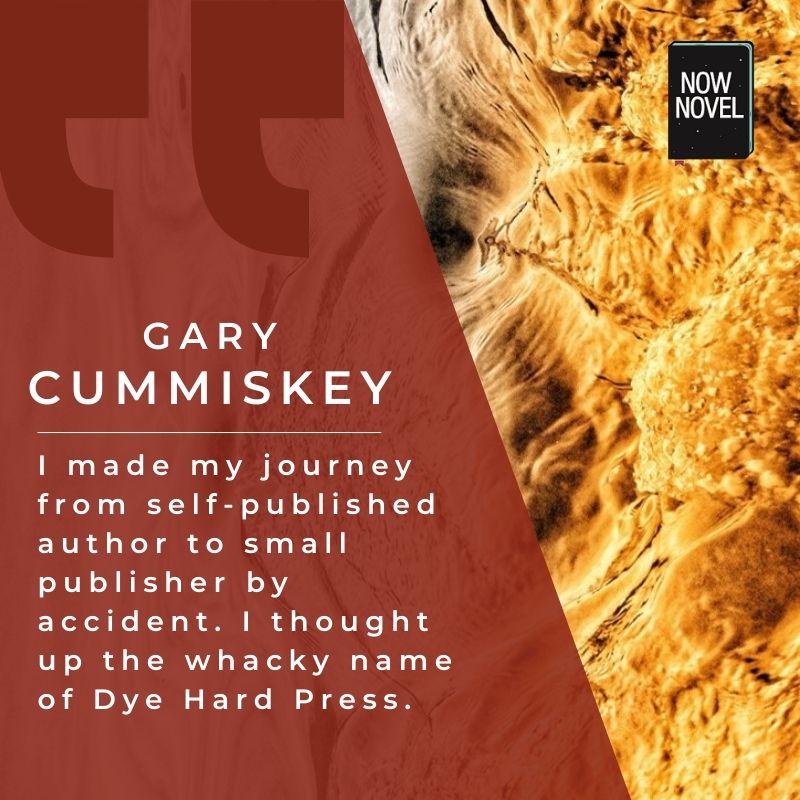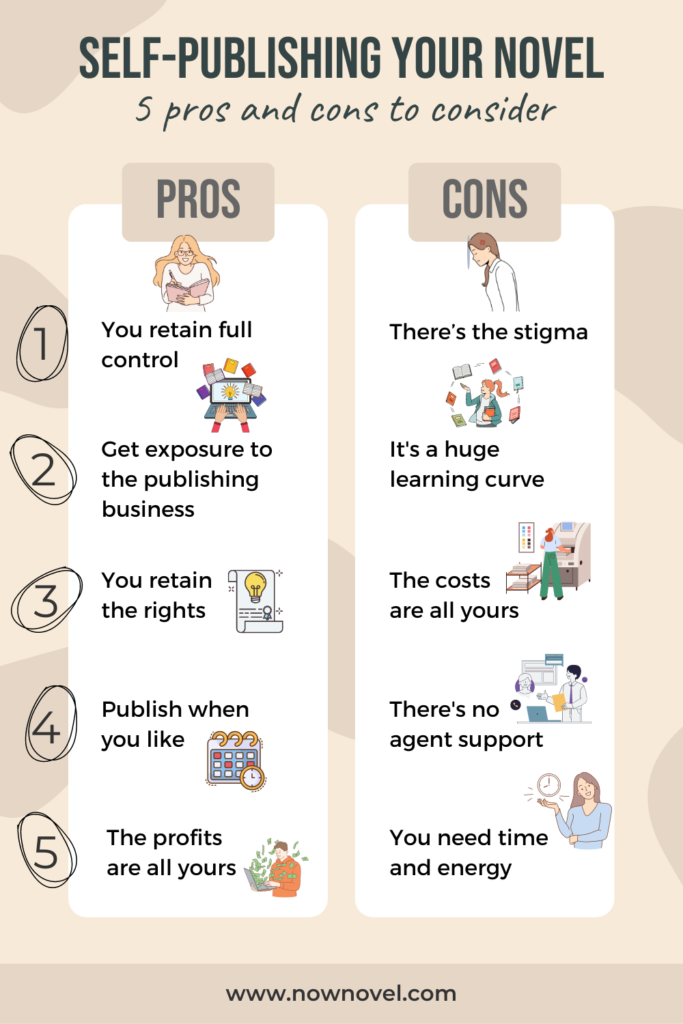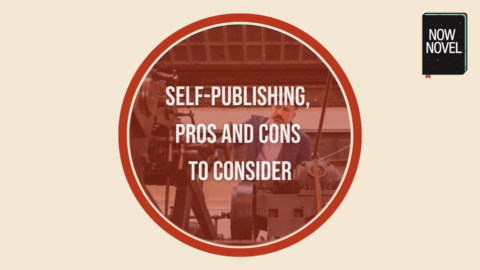So you’ve finally written your novel and you want to get it published. You’ve heard of the tremendous success of self-published authors, such as Colleen Hoover. Now you’re wondering if that’s the way to go. Is it?
Colleen Hoover was originally a self-published author. As of October 2022 Hoover had sold 20 million books. She has since been picked up by a traditional publisher. Sounds too good to be true, and it’s tempting to go the same route.
We’ll look at some of the cons and pros.
Pros
- Full control over all the processes
- Exposure to publishing
- Retain all rights
- Publish when you like
- Keep all the profits
Cons
- The stigma
- Huge learning curve
- The costs are all yours
- No support
- Time and energy
Pros
Full control over all the processes
As both author and publisher you have full control of process, from editing to distribution. You also get to choose which editor you want to work with. You’ll also be in charge of finding a distribution agent – who will be responsible for getting your book into bookshops as well as online sites.
You will have full control of marketing and promotion. If you hire a book publicist you decide who it will be.

Exposure to publishing
Here’s another pro you make not have thought of. You’ll get exposure to publishing process, from start to finish, which can lead to developing a publishing business. This was the route that Gary Cummiskey took with Dye Hard Press.
I made my journey from self-published author to small publisher by accident. I wanted to put out a small collection of my poems and stated on the imprint page that it was self-published. When I sent the proofs to a friend for checking, he suggested that instead I should create the name of a publishing press as it would give the publication more credibility. So I thought up the whacky name of Dye Hard Press – the spelling of ‘dye’ instead of ‘die’ being intentional – and hence no hyphenation. That was in 1994, so Dye Hard Press will be 30 years old next year.
You retain the rights
You get to retain all the rights to your work, you can write what you like, even books that publishers would hesitate to publish as they might not think them ‘publishable’. There are some hard sells – depending on the country you will be publishing in. Short stories or novellas are an example.

South Africa poet Zama Madinana self-published his debut poetry collection, Water & Lights in 2021. The decision to self-publish was easy, as he explains:
I retain my creative control. I am also free to sell my books from my backpack at coffee shops, book festivals and bars. I mostly use social media to market my books. I’m always carrying my books in my backpack. I sell them at my shows and other literary events. I also use indie bookstores.
Publish when you like
And you also get to publish when you like. Some publishers might take a year or more to publish your novel.
Profits are all yours
Let’s talk royalties, now. While you’ll be the one dishing out all the dosh, you’ll also get all the profit. Publishers traditionally pay out what can amount to a measly amount of 10% to 15%, if you’re lucky, of all sales of your book. You’ll have to factor in the costs carefully, but if your book is a seller, you’re definitely going to make more money. You will receive all the revenue from sales less booksellers’ discounts and distributor commission, if a distributor is used.
And if you’re looking at selling books online, there is a handy post on this as www.nownovel.com/blog/self-publishing-amazon-pros-cons/. As Jordan explains:
If you price your book very low (below $2.99) or higher than Amazon’s threshold of $9.99, you get 35% of each sale (after vat and delivery cost deductions). Yet there is a list of 37 countries (as of 2022) where you can get 70% of each Amazon sale (before deductions), provided that you satisfy Amazon’s requirements.

Cons
There’s the stigma
Unfortunately, there can be a stigma attached to self-publishing. There will also be some competitions that you won’t be able to enter your book, as many expressly state ‘no self-published books’. Ditto book festivals, as festivals prefer publishers to nominate their own authors.
But the hard truth is that, as Writer’s Digest writer Rick Lauber puts it, there are no guarantees.
I use the term ‘guarantee’ loosely as there are few certainties in life. However, with a traditional publisher, authors can be more assured of support and success as the publisher provides solid backing. A self-published author may find that he/she is simply investing money into a project and getting little in return. (https://www.writersdigest.com/getting-published/17-pros-and-cons-of-traditional-publishing-vs-self-publishing)
Here’s some more blunt advice from Mark Mark O’Neill over at https://becomeawritertoday.com/pros-and-cons-of-self-publishing/:
Maybe you also have dreams of winning the Booker Prize or the Nobel Prize for Literature? Or perhaps you’ve slightly lowered your sights and are aiming for the New York Times Bestseller List instead? If you’re self-published, you can pretty much forget all of this.
Learning curve
It’s going to be a huge learning curve. As a first-time author, you probably lack basic knowledge of publishing, and how it all works. There’s plenty of help out there, though.
The costs are all yours
As the author you carry all the costs. This ranges from editing to distribution, hiring a designer for your cover and to layout your book. You will also need to either market the book yourself – or hire a professional book publicist. This means you’re not sending review copies and a press release as the author, all of which screams ‘amateur!’
No agent support
Another downside is that there’s no agent support. Sure, some agents will move mountains for you, and some won’t. But they have the expertise to negotiate contracts for potential movie or TV rights.
Do you have the time and energy?
Do you have the time and energy, never mind the skills needed? Writing a book takes considerable skill and commitment. Self-publishing means that you’re swopping your writerly hat for an entirely new wardrobe. You’re going to be hiring a publicist, an editor, a designer, a distribution agent, finding (and dealing) with printers, getting to grips with invoicing and a myriad of other functions this role will entail.
Bottom line
Apart from the success of Colleen Hoover, recognise any of these titles?
- The Tale of Peter Rabbit by Beatrix Potter
- The Joy of Cooking by Irma Rombauer
- Fifty Shades of Grey by E.L. James
- The Celestine Prophecy by James Redfield
- milk and honey by Rupi Kaur
Course you do! And yes, they were all originally self-published.
‘Nuff said?
Don’t miss out
Join 14K members and sign up for our weekly newsletter, packed with tips and tricks on the art and craft of writing.



